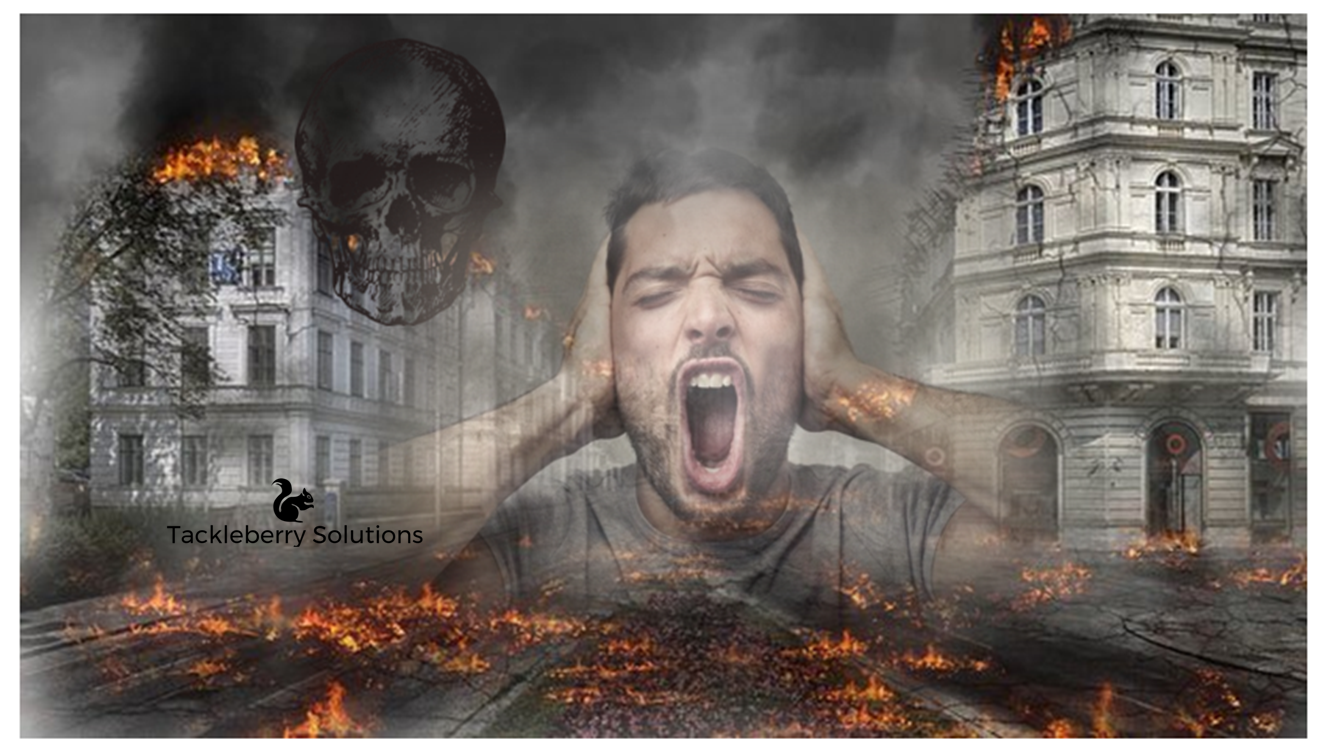

Though insomnia runs in my family in general, I didn't start experiencing it on a regular basis until I developed PTSD. My insomnia is not caused by a lack of sleepiness rather, it's caused by my inability to calm down.
#Ptsd insomnia help full#
I get into bed each night exhausted from a full day of work, exercise, and socialization (which tires me out quite a bit as an introvert), but I still have trouble falling asleep. Hyperarousal doesn't stop when it's time for bed and insomnia doesn't care when the body is tired. 3 What is meant to be a short-term boost of adrenaline turns into a chronic state of feeling on-edge for people suffering from PTSD. Hyperarousal can be described as a heightened state of anxiety that occurs when a person's fight-or-flight instinct fails to turn off after a dangerous or traumatic situation. Insomnia is so prevalent among people with PTSD because it falls under the hyperarousal category of PTSD symptoms. But with sleep disturbances proven to increase daily distress and dysfunction in the 80-90% of PTSD patients with insomnia, 2 it's a PTSD symptom that shouldn't be forgotten. Because insomnia is such a common condition, it's often left out of the discussion around posttraumatic stress disorder. With around 10-30% of the general population suffering from insomnia, 1 it's normal to know a friend or two that has trouble sleeping at night.

Insomnia is one of the most common sleep disorders in the world. Posttraumatic stress disorder (PTSD) and insomnia can go hand-in-hand.


 0 kommentar(er)
0 kommentar(er)
